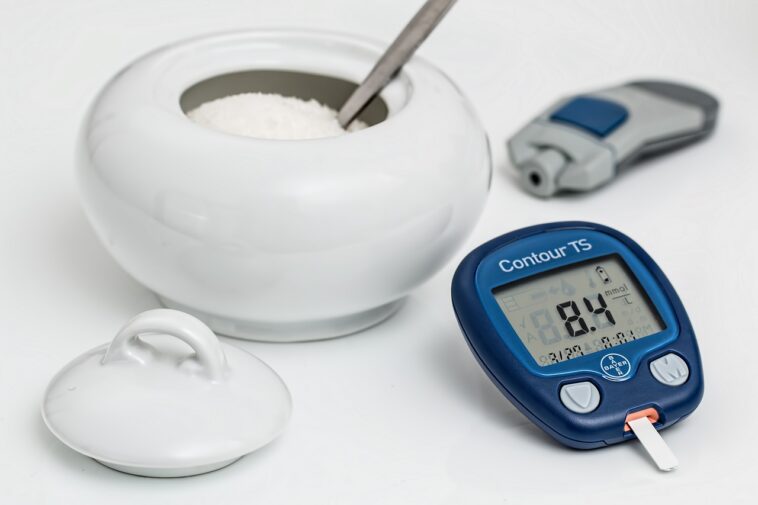The answer as to how to bring blood sugar down quickly lies in insulin.
Insulin is secreted by the pancreas and it acts as a correction factor for glucose. Blood glucose, or sugars, is processed through the liver into glucose, which is used by the cells of the body. In order for glucose to be metabolized into energy, insulin has to be present. The liver can produce insulin itself, although in some people, the body has difficulty producing this important hormone and there are other means through which the cells can take the place of the pancreas.
A correction dose of insulin is usually injected into the person’s vein in order to stimulate the pancreas to produce more insulin. In cases where there is a genetic tendency towards type I diabetes a daily dose of insulin can be administered. The daily dosage of insulin depends on the amount of sugar in the blood sugar levels. In people suffering from severe diabetes, a daily dose of insulin can be up to ten grams and in cases where there is a high blood sugar level, there can be up to fifty grams per day given. In both of these cases, if the correct dose of insulin cannot be provided the dietitian may have to recommend a higher dosage of insulin which should be carefully considered before being given.
In cases where a person suffers from extremely high blood sugar levels, a normal dose of insulin might not work. When the insulin does not work the cells are unable to take in glucose which is the basic sugar required for energy production. The body then looks for an energy source and that source is stored fat. This is why so many people gain weight when they suffer from high blood sugar levels.
As the fat cells become full, the body will look to the muscles in order to provide them with fuel. This is where the glucose comes into play as the muscles burn off the glucose for energy. If the muscle mass is not sufficient, the cells are not going to be able to use the glucose and so will remain glucose-dependent. This is what leads to the person gaining weight as energy production is less than it needs to be.
If the dietitian recommends that a higher insulin dose is given, this can be done via an injection. There can be side effects with this however and this should be discussed with the doctor. It is probably advisable to test for any health problems with the medication before starting.
Many diabetics are told to cut out on the fatty foods that are responsible for their condition. Cutting out fatty food is very difficult when a diabetic diet plan is already in place. However, there are alternatives for those with a high insulin dose who wish to eat less food containing carbohydrates. This can be done through the use of fiber, which is found in certain fruits and vegetables. The fibers found in these foods will slow down the absorption of glucose, thus reducing the insulin spike during the meal.
Diabetics should also look at their intake of calories. Excess carbohydrate intake will have a negative effect on the glucose production of the body. If a diabetic is not eating enough carbohydrates they are at risk of developing a condition known as insulin resistance. This can lead to serious health complications. For instance, it can lead to kidney failure, which will require immediate medical attention.
How to bring blood sugar down quickly
also includes the use of a regular insulin dose. As the body begins to use up the glucose for energy, the body will produce more insulin. The more insulin that is produced, the more glucose will be secreted. However, if there is too much insulin, the result is a situation where there is too much glucose in the bloodstream. For this reason, doctors recommend keeping careful track of one’s insulin dose so that it is kept at an appropriate level.
Learn More about How to bring blood sugar down quickly

